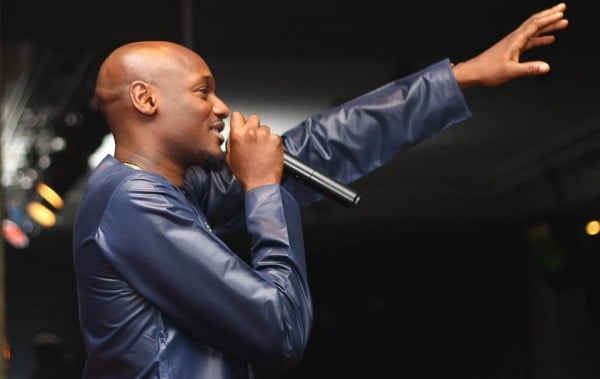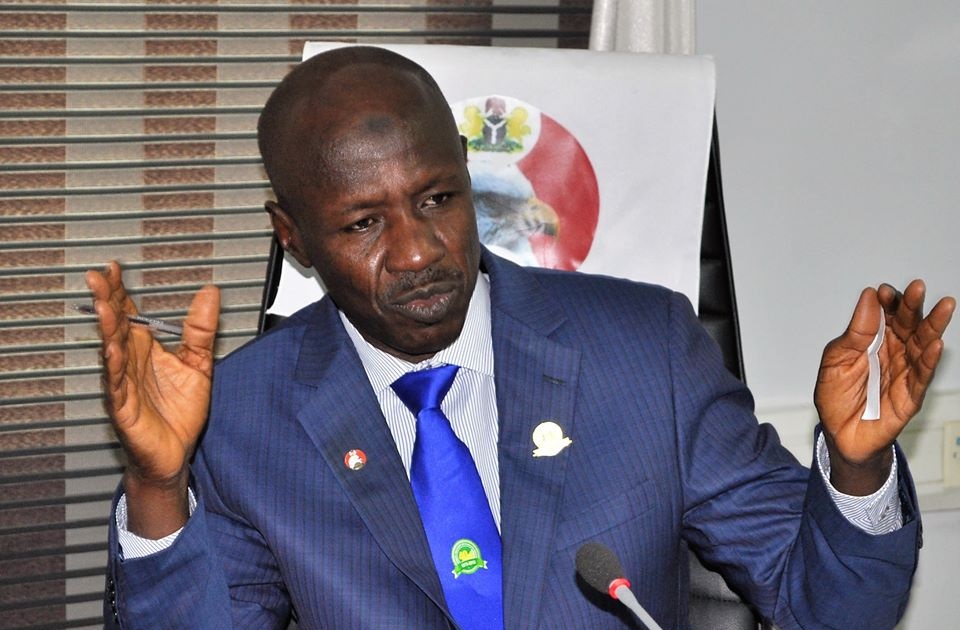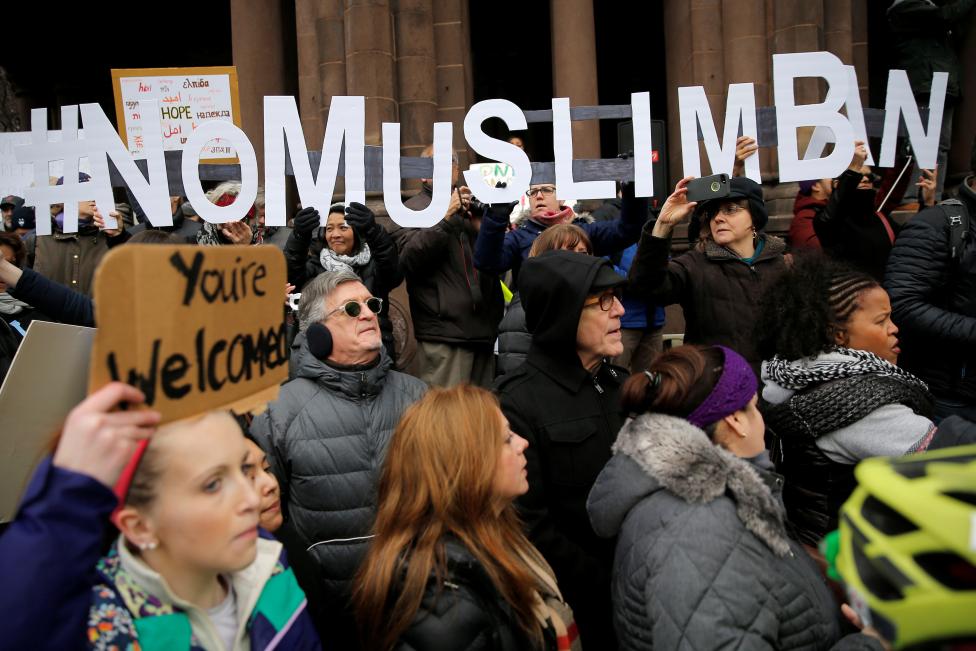The police has advised popular hip-hop artiste, Innocent Idibia (also known as Tuface), to shelve its scheduled anti-government protest, which has been well-publicized. Though it argues, as everyone would, that the right to protest is a citizen’s fundamental right, it claims to have ‘’intelligence reports’’ that the protest would be infiltrated by hoodlums and result in violence.
Ordinarily, the police ought to be applauded for obtaining such security reports. And on the surface, you could argue that the police were been proactive.
However, since citizens are not in a position to question the authenticity of ‘’intelligence reports’’, the announcement of such information could also be an ‘’innovative way’’ of infringing on citizens’ right to protest.
Weak democracies hide under the guise of such reports to ban protests. In 2016, when the main opposition party in Tanzania protested against government’s decision to ban live televised parliamentary debates, the Tanzanian police issued a statement that it had ‘’intelligence report’’ that the protest was intended to be used to cause civil unrest and violence. The ruling party went ahead to ban this ‘very democratic’ protest.
Advertisement
In same vein, the easiest thing Jonathan’s administration could have done to scuttle the 2012 fuel subsidy protest would have been to announce that it had “intelligence reports” that hoodlums were going to take over the fuel subsidy protest.
Such report – whether fabricated or not – would have been indisputable. Such purported ‘’security report’’ would have scuttled the rights of citizens, including some prominent members of the APC, to force former President Jonathan to charge some marketers and to bend over backwards to halt the full removal of subsidy.
But former President Jonathan, just like President Trump, allowed citizens to voice their opposition, even if they didn’t agree with them.
Advertisement
In a functional democracy, the police is supposed to sensitive citizens how to be civil in protests and, of course, be prepared to check deviants.
The argument by the police that Tuface cannot handle the kind of crowd such protest might attract is worrisome. Since these protesters requested for a permit, it is the duty of the police to monitor such protest as it is done in other democracies.
And if the police insists that violence might erupt because a rival group is also protesting on the same day, it is its duty to ask such rival group to pick another date for its protest. They should not use this as a reason to call for the cancellation of a forum where some citizens would want to use to express their right to free speech.
Even though permits are not required in many civilized countries before peaceful protests, the fundamental objective of such permits is to allow the police to manage a protest. It is illegal to turn down such request for permit.
Advertisement
For instance, when protesters do not intend to restrict their movements to sidewalks, permits might be needed: a protest ought not to obstruct the flow of traffic nor constitute excessive noise. The loudness of sound amplifiers could be restricted.
Though the last administration didn’t restrict the level of noise in the 2012 fuel subsidy protest, doing this would certainly whittle down a protest from a hip-hop artiste, who is used to loud music.
Peaceful protests not only help to get government’s attention, it helps to nourish democracy. The government has no right to ban such protest because it doesn’t agree with the protesters.
Since Tuface intends to go on with this planned protest, the onus is on him to send a loud and clear message to his fellow protesters on how to be behave during the planned protests.
Advertisement







